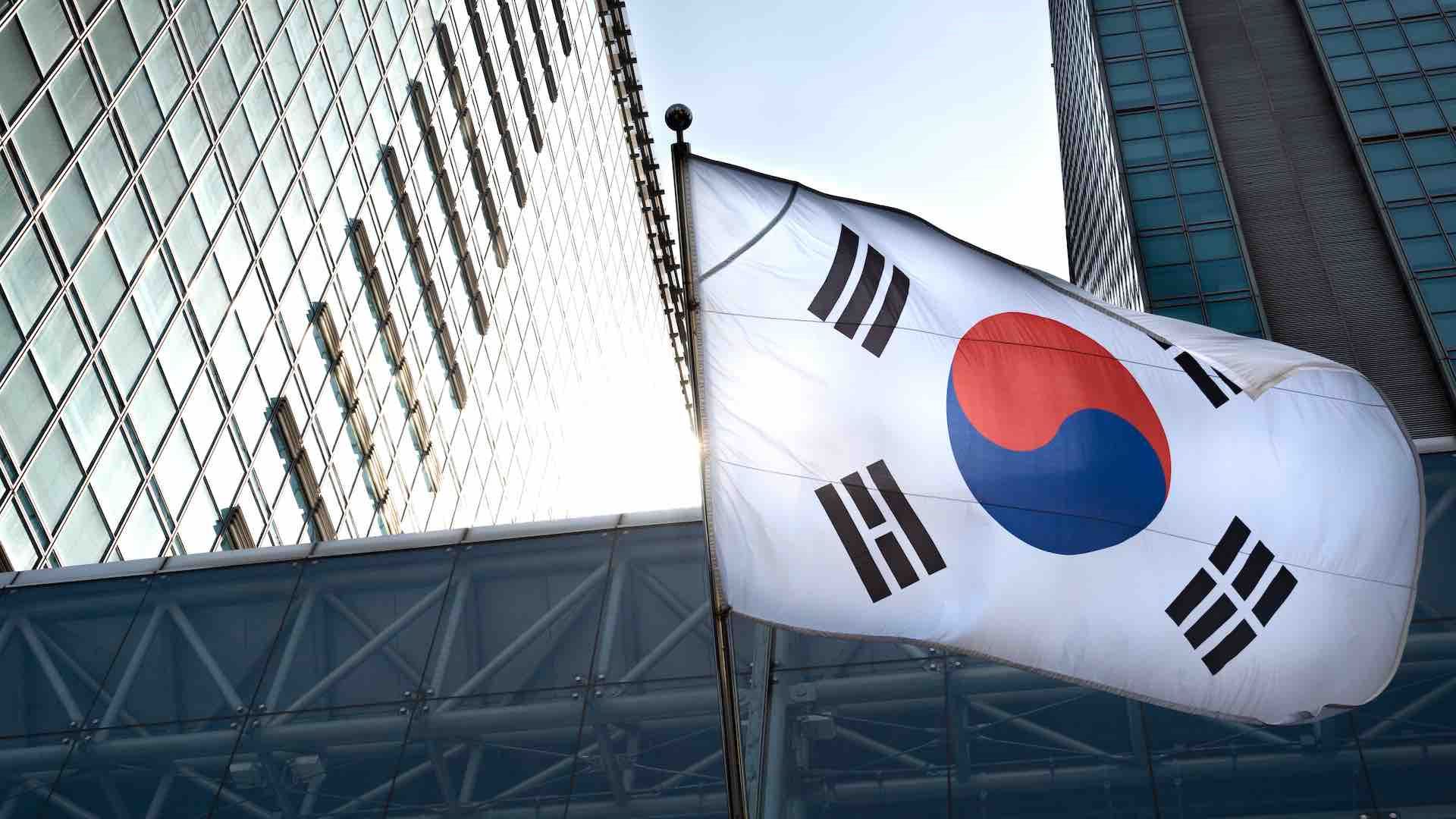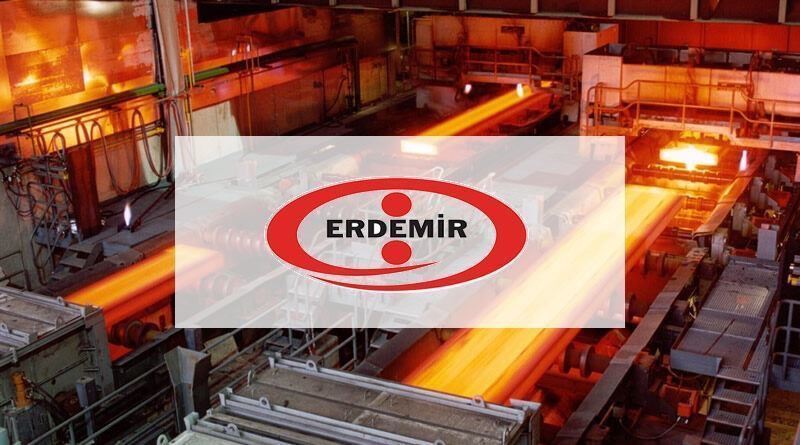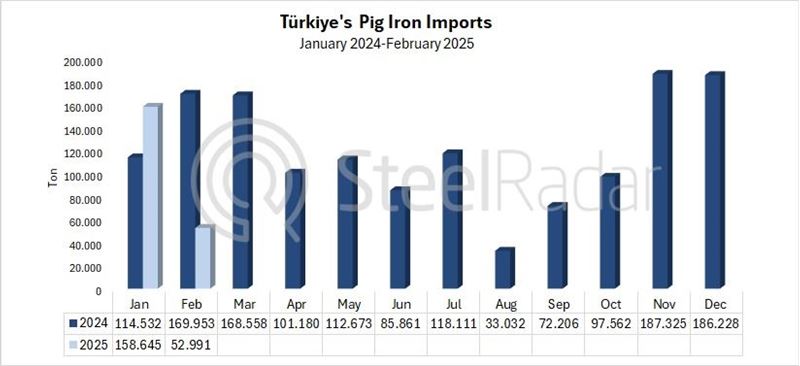The South Korean government is taking new protective measures to cope with currency fluctuations and external trade challenges. As part of this, it has been announced that temporary tariffs of up to 38% will be imposed on certain steel products imported from China. The government stated that the surge of cheaper Chinese products has been damaging the local steel industry, prompting a preliminary investigation into the extent of the impact.
The new tariffs are expected to range from 27.91% to 38.02% on hot-rolled steel plates imported from China. Chinese manufacturers such as Yaoshan Iron and Steel and Hunan Valin Iron and Steel will be particularly affected by these tariffs. Last year, steel exports from China to South Korea reached 8.77 million tons, the highest level recorded since 2016.
These measures are not limited to trade with China. South Korea is also defending itself against tariffs the U.S. plans to impose on allied trading partners. South Korean officials have emphasized their low existing tariffs on American goods and argued that additional punitive measures are unnecessary.
The Korea Economic Research Institute has expressed concerns that increased tariffs could negatively impact the country's growth outlook, particularly in export-driven sectors. At the same time, major companies like Hyundai Steel have filed complaints with the government about the adverse effects of cheap imported steel on their operations.
Despite these internal challenges, South Korea is focusing on strengthening its economic position through diversified strategies, such as securing energy supply chains and promoting innovative sectors. In this period, the interplay between trade policies and domestic measures will shape the country’s future economic trajectory.











Comments
No comment yet.